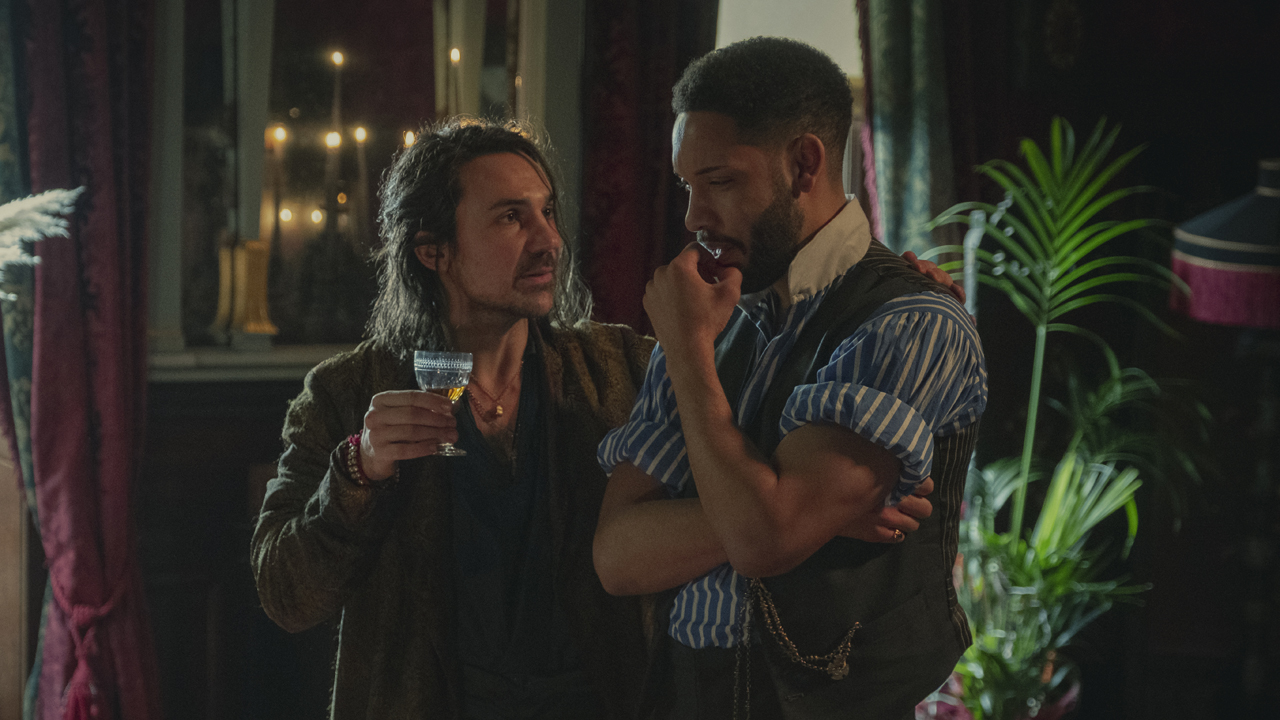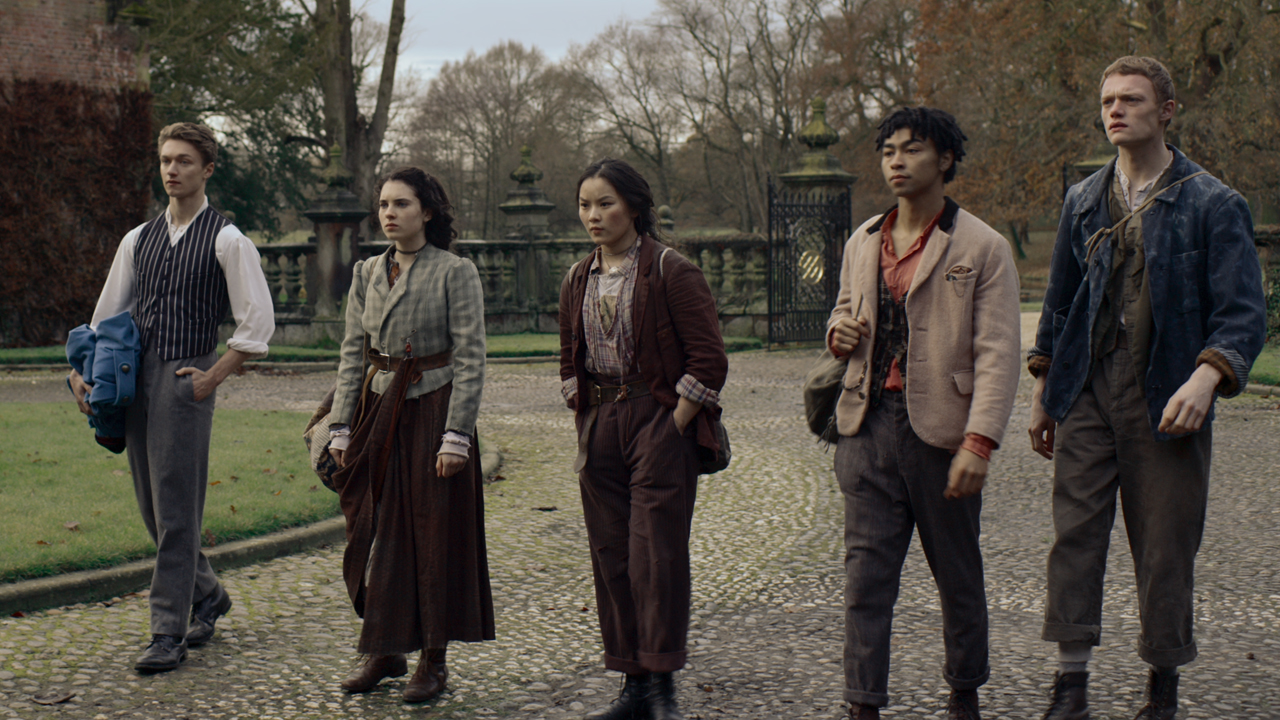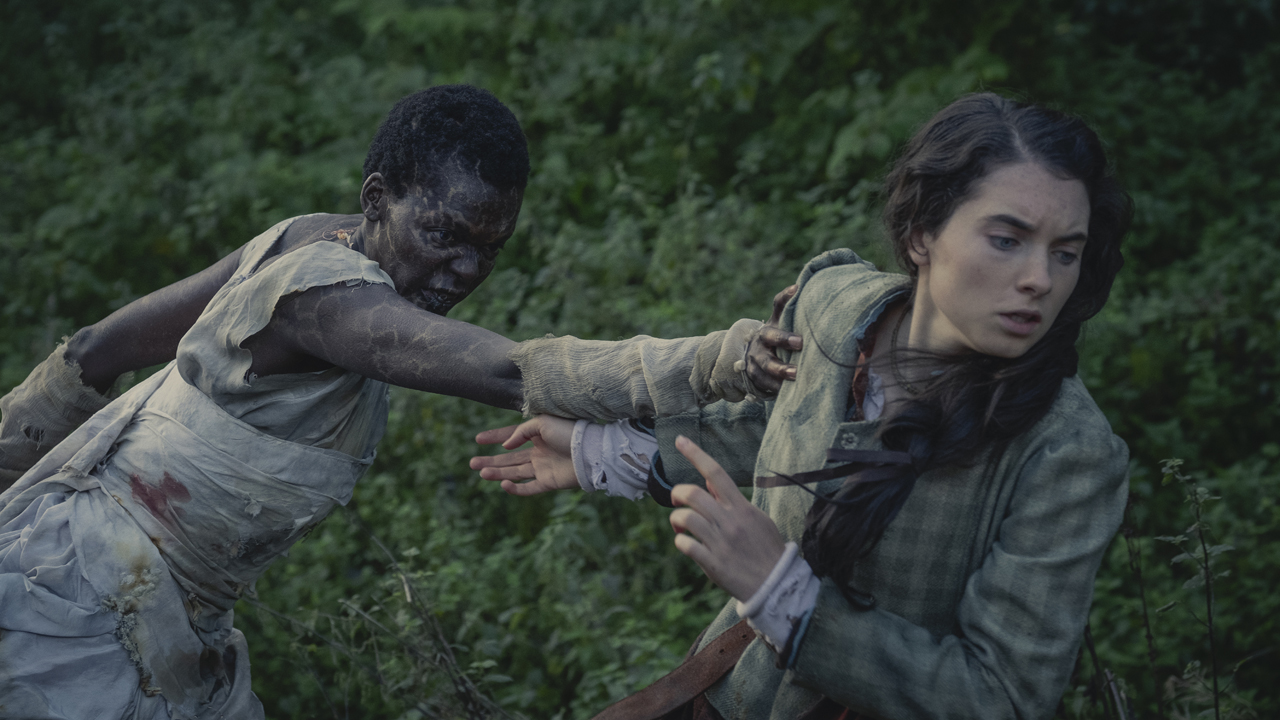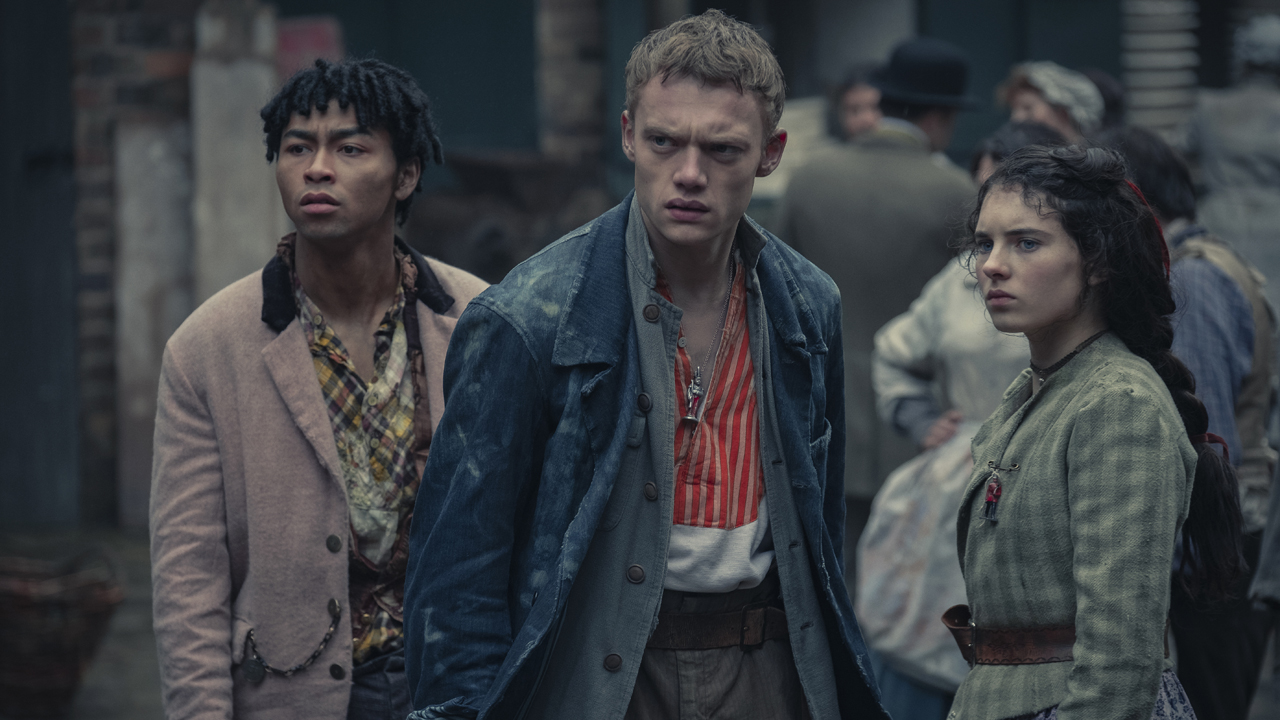Everyone has their own opinion on what the best version of Sherlock Holmes is. Basil Rathbone’s eight-year portrayal of the character, the recent BBC series starring Benedict Cumberbatch, and even 1986 Disney flick The Great Mouse Detective have legions of fans that will defend their preferred adaptation to the hilt.
The Irregulars is the latest challenger for the Sherlock adaptation crown and, with its unique spin on the legendary detective, the series has some good things going for it. Netflix’s supernatural crime drama, though, struggles to take full advantage of its source material and ultimately falls short in its attempts to truly compete with its predecessors.
- How Netflix's The Irregulars reinvents the Sherlock legend through a horror lens
- The best supernatural TV shows on Netflix
- Best Netflix movies
The game is afoot

Set in Victorian London, The Irregulars follows a street gang of teenagers hired by Dr. John Watson (Royce Pierreson) at the supposed behest of Sherlock Holmes (Henry Lloyd-Hughes). Due to their knowledge of the city’s ‘less reputable parts’, Watson asks the gang, led by the matriarchal Bea (Thaddea Graham), to solve crimes with a supernatural twist. As the group digs deeper into each mystery, however, they find that the world is under threat from powerful forces that even Holmes and Watson will struggle to stop.
From the start, The Irregulars’ leaning into the supernatural immediately makes it stand out. With Sherlock creator Sir Arthur Conan Doyle known to be fascinated by the paranormal, focusing its story on the mystical arts differentiates it from previous Sherlock adaptations and affords the TV show creative liberties with its characters and locations. These elements, such as the nightmarish dreamscapes that Bea’s sister Jessie (Darci Shaw) can inhabit – for reasons we can’t spoil – imbue The Irregulars with a sense of horror, which makes it feel fresh and original compared to its counterparts.
The Irregulars makes for an intriguing tale, but the wheels don’t start to turn until midway through the series. The show initially follows a 'monster of the week' format, and its early episodes also do a decent job of setting up future plot threads. The gang’s familial bonds mean that there’s also plenty of bickering and soap-opera style tension on display, but it’s nothing that most viewers won’t have seen before.
Things pick up from episode 4 onwards, but much of what could make The Irregulars a riveting watch is bogged down by some daft story beats as it nears the finale, as well as some issues with exposition and pacing. Too often The Irregulars will waste a lot of time guiding you through each character’s actions and reasoning, which ultimately isn’t necessary. Some moments feel too telegraphed and viewers can feasibly work out plot points before they’re revealed in the show – which kills the suspense entirely.
The pacing is inconsistent in places. Some episodes flow better than others, so it isn’t a series-wide problem. There are times, though, where scenes play out for longer than they need to, or conversations move too quickly to fully address important plot points. Positive exchanges between characters can turn negative without a moment’s hesitation, and only add to the sense that there has to be some drama at any given point. It’s a shame when this happens as there are instances where The Irregulars does move along at a productive pace; it just doesn’t happen consistently across its eight episodes.
Building a diverse world

Loosely based on the Baker Street Irregulars – a gang of streetwise kids who Sherlock uses to help him solve cases in three of Conan Doyle’s stories – Netflix’s adaptation dispenses with the source material’s white, all-male lineup for a diverse, charismatic cast. Graham shines as the headstrong de-facto leader of The Irregulars, and her interactions with Pierreson’s Watson are often episodic highlights. McKell David, too, balances his dichotomous approach to Spike terrifically, with the actor bringing heart and humor in equal measure.
One of the biggest compliments you can pay The Irregulars is that it doesn't use gender or race for easy plot points, and nobody questions Bea, Jessie, Spike or Watson’s roles or stature in the world. Considering this is a show set in Victorian times, it’s a credit to creator Tom Bidwell that he doesn’t utilize these characters for these purposes.
The chemistry between the whole cast is one of The Irregulars’ strongest elements, with Pierreson and Lloyd-Hughes bring interestingly fresh takes to Watson and Holmes respectively. They're not the leads, here, but they effectively support Graham and company during scenes together.
Those interactions are aided by the show’s desire to pair contrasting personalities with one another. Sherlock and Watson have their fair share of screen time, but The Irregulars often matches them with Jessie and Bea respectively. Other characters, like the dismissive and brutish Billy (JoJo Macari), are paired with the intelligent but upper class Leo (Harrison Osterfield), too, and these dynamics allow the show to dabble in more real world topics. Class privilege and absent father figures are two such examples, and they provide a real grounding to a series that’s deeply rooted in the supernatural and thriller genres.
Inspiring a new tale

The Irregulars is steeped in Sherlock lore, but that doesn’t mean it shies away from other media influences. Alfred Hitchcock, Agatha Christie, The X-Files, and even Stranger Things appear to have inspired the show’s villains, episodic plots, and aesthetic. They add a novelty to proceedings without overshadowing the Sherlock world that The Irregulars inhabit, and they work surprisingly well given that Conan Doyle’s works outdate them all.
That isn’t to say that every anachronistic element works. The incorporation of modern day music, particularly in earlier episodes, doesn’t fit tonally with the look and feel of a period piece, much like in Netflix’s Bridgerton series. It’s easy to see why Bidwell opted for some song choices, given the urbanicity of London and other locations, but it isn’t the right fit for a show that precedes those tunes by a century or more.
Sherlock fans will be happy to know that there are plenty of Easter eggs and callbacks to the source material as well. There are classic Sherlockian moments throughout, and characters from Conan Doyle’s original works do make fleeting appearances. It might not be your typical Sherlock show, but there is enough here to keep the great detective’s fans satisfied – and there’s even a scene that lends some credence to an intense fan theory spawned during the BBC’s most recent adaptation.
What we think

The Irregulars is a decent enough Sherlock adaptation, but one that won’t cause fans to re-evaluate their favourite iteration of Baker Street’s iconic detective. The show’s sparkling cast and supernatural spin help to reinvent the Sherlock legend, but it’s let down by its middling story, few engaging set-pieces, and lacklustre climax.
Netflix has already greenlit a second series, so there’s the chance that these issues can be ironed out in future instalments. Ultimately, though, The Irregulars could easily be a supernatural crime drama without its placement in a Sherlock Holmes world. Sure, the show isn’t canon within the character’s vast history, but therein lies its problem. For all its good moments, The Irregulars feels like a show that would have worked as well without utilizing Conan Doyle’s source material. As a TV show, it’s pretty good. As a Sherlock series, however, it’s fairly ordinary.
The Irregulars season 1 is available to stream exclusively on Netflix now.
No comments:
Post a Comment